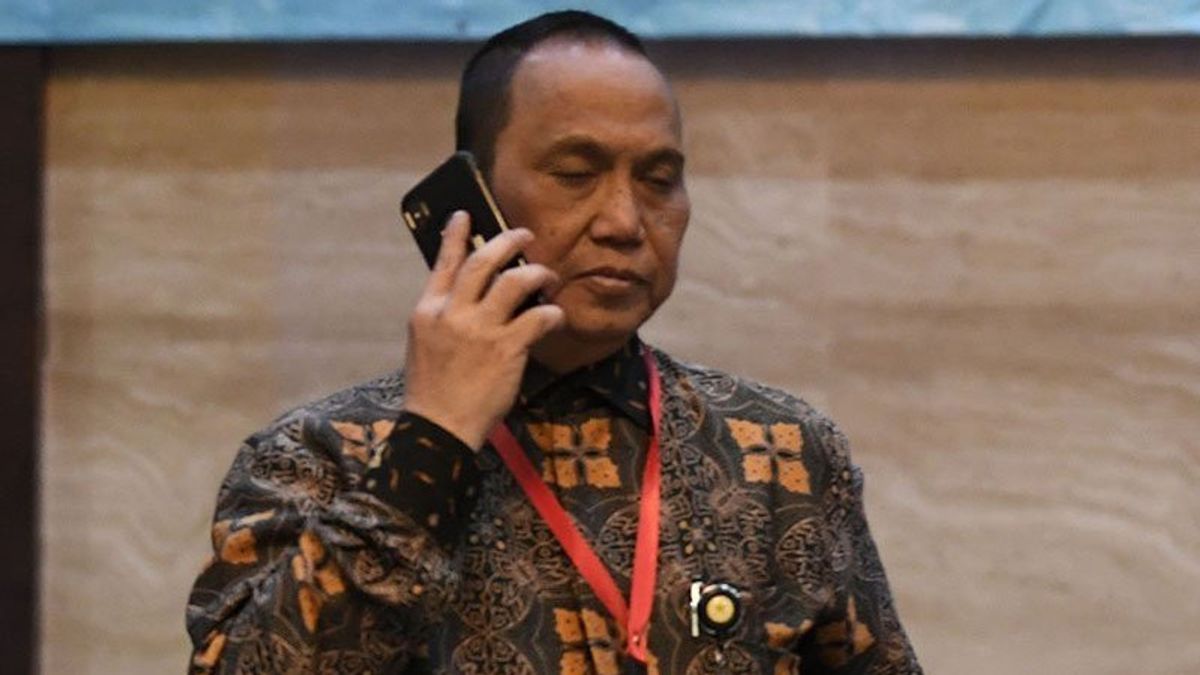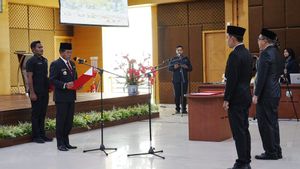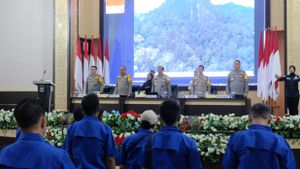Professor of the Faculty of Law, University of Indonesia, Prof. Indriyanto Seno Adji, assessed that the new Criminal Code (KUHP) is neutral and democratic.
"I have just considered the national KUHP to be very progressive, moderate, neutral, and democratic by considering and accommodating inputs from civil society, practitioners, and legal academics. Even the representation of indigenous peoples is a form of meanful public participation according to the mandate of the law," said Indriyanto in a statement in Jakarta, quoted from Antara, Tuesday, December 13.
He appreciated the ratification of the RKUHP into law. According to him, the ratification of the RKUHP into the Criminal Code is a historic momentum from the existence of national Criminal Code regulations regardless of certain parties who object to this ratification.
He said objections from some parties, of course, from different ways of approach, provide sociological perceptions. Meanwhile, perceptions from a criminal law perspective will certainly be different.
Indriyanto gave an example that the article of adultery (adultery) has been regulated as an absolute complaint offense (husband and or wife or child and is not haphazardly able to carry out the complaint).
This, he explained, is a form of social control so that there is no persecution that violates the law. The offense of cohabitation can only be done based on an absolute complaint offense.
"Thus, the fuzzy understanding of the Criminal Code regarding its negative influence on tourists and investment is inappropriate. The Criminal Code guarantees that there will be no punishment for these concerns. The national Criminal Code guarantees that there will be no negative impact concerns on tourists and investment in Indonesia," he said.
Indriyanto regretted that the understanding of several parties towards the new Criminal Code was not in-depth, intact, and detailed. According to him, parties who object to the article of adultery and cohabitation actually lead to a sexual liberalism mindset that cannot be applied to the criminal law system in Indonesia.
"Indonesia recognizes the principles of customary law (pidana) which are recognized and accepted by national criminal law," he said.
"The government has carried out public socialization and discussions regarding the RKUHP since three years ago, during the postponement of the RKUHP in 2019. In 2021, socialization will be held in 12 provincial cities and after ratification, the government will again have three years for socialization," he explained.
"This three-year period is very adequate for socialization and public discussion. It should be utilized and observed by parties who object to the legality of the Criminal Code," said Indriyanto.
The English, Chinese, Japanese, Arabic, and French versions are automatically generated by the AI. So there may still be inaccuracies in translating, please always see Indonesian as our main language. (system supported by DigitalSiber.id)
Tags les plus populaires
#Prabowo Subianto #Nouvel An #pdip #Hasto Kristiyanto #nataru #NatalPopulaire
27 Desember 2024, 20:25









